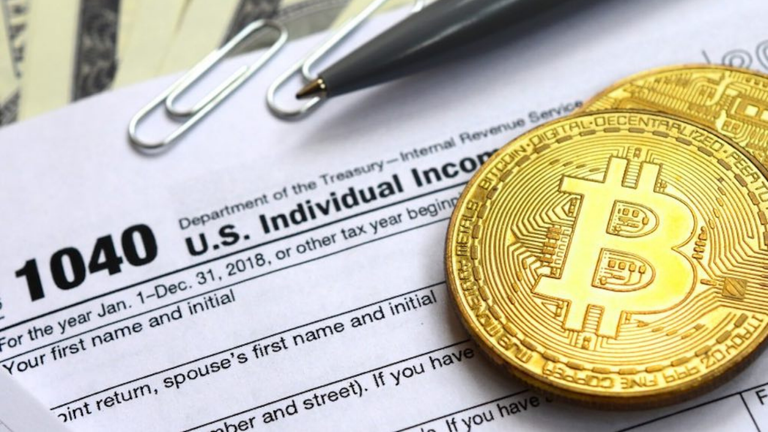How the U.S. Tax Season affects cryptos
After two IRS decisions, the United States is at last prepared to deliver a tax system for the cryptocurrency area.
The underlying April fifteenth cutoff time for documenting U.S. taxes has been moved to May seventeenth.
Tax on crypto benefit will be like those charged on a stock deal.
The sum paid in taxes will differ contingent upon the sort of exchange and for how long one holds the cryptos.
Like never before, the administrative look has been fixed on the crypto business. This is very reasonable given how the business has filled by a wide margin in the course of the most recent year, appreciating the most institutional interest and support ever.
Alongside the developing calls for guideline, has been the need to make a suitable tax system for cryptos. Until this point, the Internal Revenue Service (IRS) has two direction with respect to cryptocurrency tax issues – the 2014-21 and 2019-24 IRS Revenue Rulings.
In the coming weeks, the crypto space in the United States will get taxed. This is what you should know going into tax season.
Cryptos to Become Taxable
The United States will join nations like Japan, Russia, Australia and others in taxing cryptocurrency exchanges. Be that as it may, the underlying April fifteenth cutoff time for documenting U.S. taxes has been pushed to May seventeenth.
The crypto exchange tax will be like the structure carried out for stocks exchanges. Cryptocurrencies will be dealt with like a stock deal which can bring about a positive return (which means capital additions tax openness).
Tax Rules for Buying and Selling Cryptos
As the tax season moves close, each one of those engaged with cryptos should get where and how the tax rules are pertinent. All cryptocurrency exchanges will be taxable after the laws are instituted.
Changing over your crypto possessions to fiat cash, another crypto, or utilizing cryptos to buy products and enterprises will consider capital increases occasions.
Be that as it may, the level of tax to be paid will rely upon the timeframe one has held the cryptos. Holding transient exchanges or exercises (short of what one year) will draw in a tax that is comparable to the person's annual tax rate.
People who hold their cryptocurrencies for over one year may wind up paying lower taxes in the scope of 0-20%. This will rely upon the person's annual tax section.
On the Flipside
An appointed authority has given a 3-year suspended prison sentence to a man indicted for crypto tax avoidance
Hideji Matsuda was indicted in the Kanazawa District Court in the Ishikawa Prefecture
Furthermore, Hideji Matsuda has been requested to pay a fine of $163,000 for concealing his Bitcoin income from the specialists
When Will Cryptos Be Treated as Income?
As prior referenced, not all crypto exchanges will be ordered as capital additions. Cryptos got from mining, marking and hub approval, liquidity pooling, interest acquired from DeFi lending, and receipts of crypto installment for products and enterprises will be classified as pay.
At the point when an individual gets cryptos from any of the previously mentioned sources, it is sorted as a pay and will be taxed at a similar rate she/he/they pay on other pay got during the year.
Since the tax is material from 2020, holders will require all the crypto exchanges acted in 2020, putting them in capital additions or pay appropriately, before the recording interaction can initiate. To settle one's taxes, Per Shane Brunette clarifies that;
Structure 8949 and Schedule D are utilized for announcing capital increases, yet in the event that you have any exchanges that are named pay, you will likewise have to finish Schedule 1 (Form 1040).
Airdrops, Awards, and Giveaways from rivalries will likewise be classified as pay.
Posted Using LeoFinance Beta

Taxation is theft.
Posted Using LeoFinance Beta